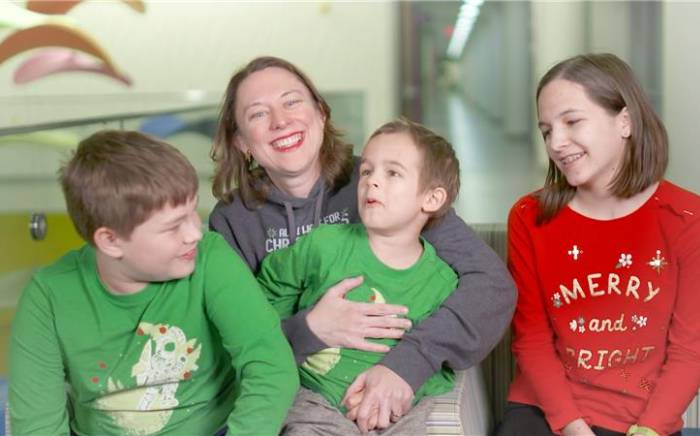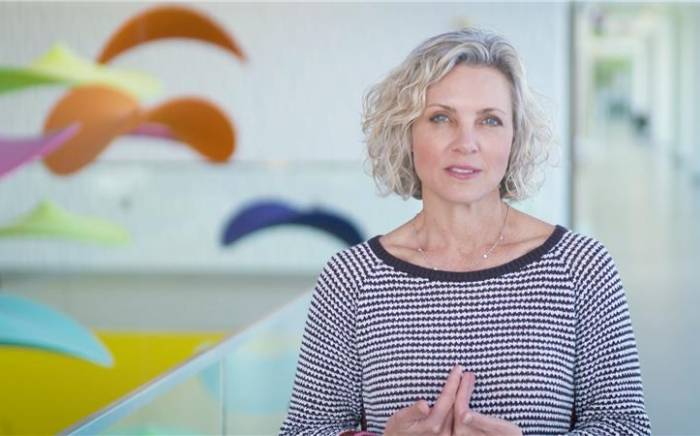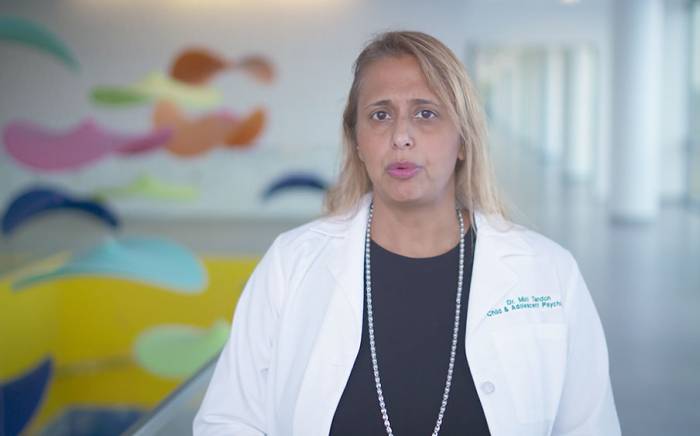When something is ailing your child, it is your first instinct as a parent to fix it. Whether it is a band-aid on a scraped elbow, an ice pack on a bumped knee or a kiss to soothe hurt feelings parents want to do whatever they can to make their children feel better. So, what do you do when your child has a cold? We’ve all heard the old adage that “there’s no cure for the common cold.” While it is true, there are some things we can do to lessen the symptoms and keep our children comfortable.
In January of 2008, the U.S Food and Drug Administration (FDA) issued a public health advisory urging parents to avoid giving OTC cough or cold medications to infants and children under two years old because of serious side effect concerns. Children tend to metabolize or break down these medications in their body differently than adults. The American Academy of Pediatrics (AAP) supports these recommendations and suggests parents find other, safer ways to ease their child’s cold symptoms.
Let’s look at a few things we can do for some of the more common symptoms children face with a cold:
Runny nose
We actually want the nose to run! All that mucous and drainage is washing those viruses out of the nose. If your child is able to, blowing the nose is all that is needed. For younger children, a bulb syringe can be used to suction and clear their nasal passages. If the skin at the opening of the nostrils gets irritated, clean it gently, then apply petroleum jelly for protection and comfort.
Congested/stuffy nose
When a nose is congested, the mucous tends to be thick, dried and sticky... causing breathing through it to be more difficult. Infants, who are mainly nose breathers, find it very difficult to nurse, suck on a bottle or a pacifier with a blocked nose. To remove the dried or sticky mucous, moisten and loosen it up first to help get it out. There are a few ways to help accomplish this:
- Use saline nose drops before blowing or bulb suctioning the nose. Use 2-3 drops per nostril (1 drop per nostril for children <1yr of age)
- Use a cool mist humidifier/vaporizer in your home, especially in the winter months when the heat is on and the air can be dry.
- Sit with your child in a steamy/foggy bathroom. Turn the shower on hot, shut the door and allow the room to steam up... allow her to inhale the warm steam for about 20 minutes. NEVER leave your child unattended.
Cough
- A steamy bathroom can also help soothe a cough.
- For infants over 4 months, give warm clear liquids to sip on.
- For children over 1 year old, a homemade remedy of equal parts honey, lemon juice and warm water to sip on can thin secretions and loosen a cough.
- For children over 6 years, cough drops can be used.
- Avoid using menthol-containing products, such as those added to vaporizers or rubbed on the chest. They can, actually, aggravate a cough.
- Children over 24 months with a severe cough that interferes with sleep or school may use an OTC cough suppressant; consult your pediatrician first.
Fever
To ease fever, mild aches and pains (muscle aches, headaches, etc.) you may give either acetaminophen (Tylenol) every 4-6 hours or ibuprofen (Motrin/Advil) every 6-8 hours as needed; call your pediatrician for dosages. Do NOT give acetaminophen to infants under 3 months old or ibuprofen to infants less than 6 months old without consulting with your doctor.
Sore Throat
- Older children (at least 8 years old) can try salt water gargles.
- Throat lozenges or hard candies can be offered for children over 6 years old.
- All children over 12 months can sip on warm broth or other warm fluids; some may prefer cold fluids such as slushes or milk shakes.
- Use acetaminophen or ibuprofen as directed by your pediatrician.
Earache
Apply either a cool or warm pack (child’s preference) to outer ear for about 20 minutes at a time to ease discomfort; may also use acetaminophen or ibuprofen as directed.
Acetaminophen is included in the care advice above but should be used according to dosage recommendations. Call you doctor for specific directions, and for specific dosage recommendations per weight for your child.









